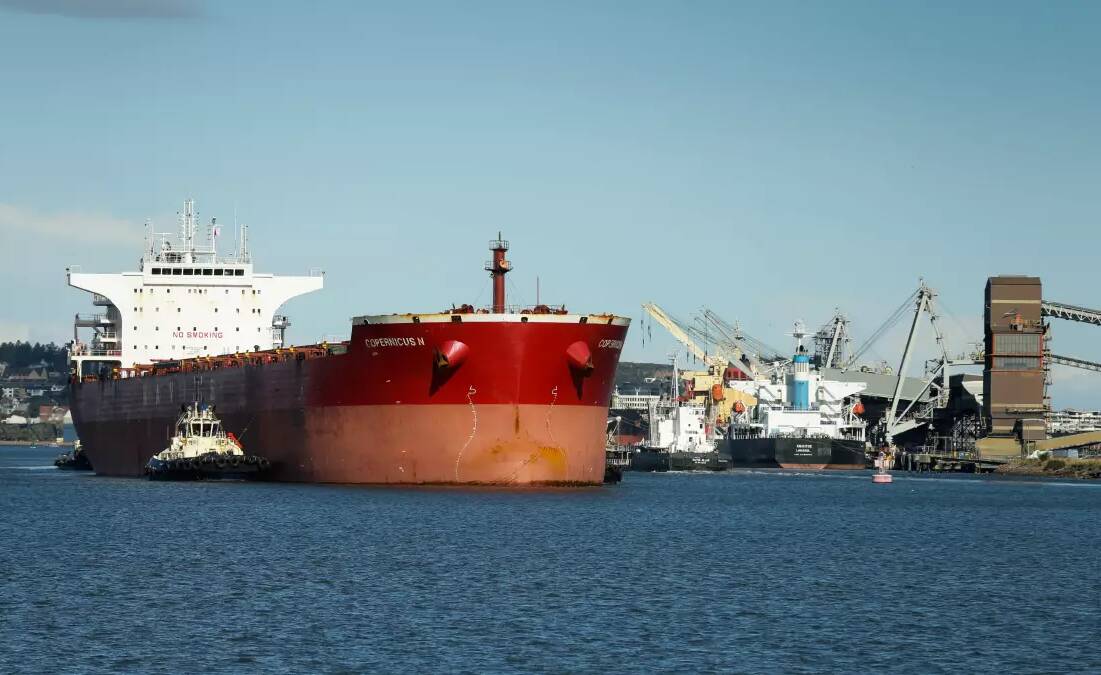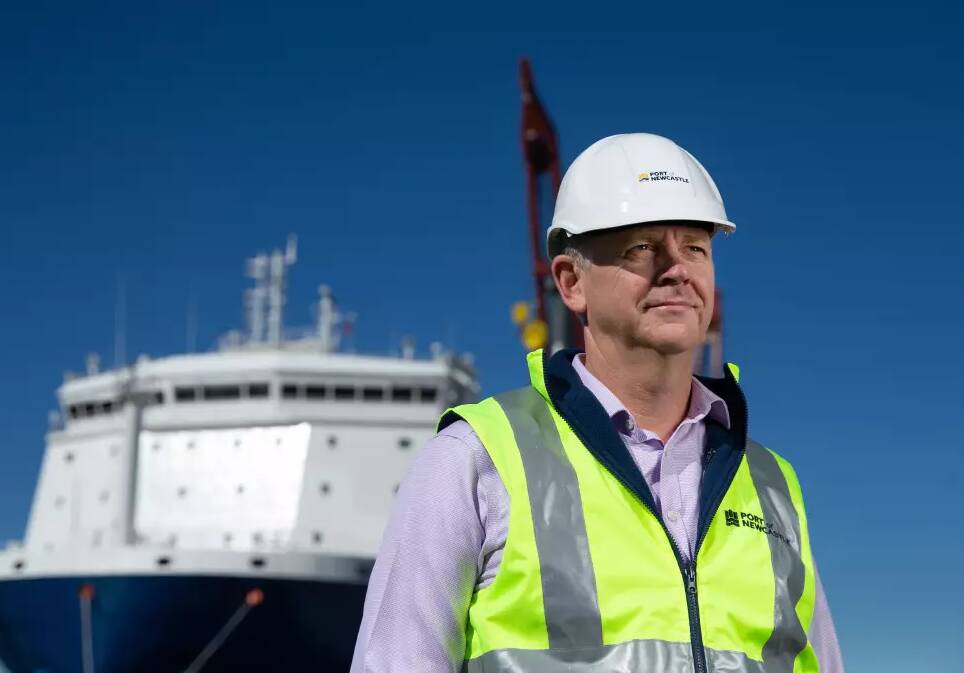
The NSW Minerals Council has renewed its call for the Port of Newcastle to be regulated after the port announced an increase in fees.
Wharfage charges at the port will increase for all users, including a tripling of the wharfage fee for coal and other non-containerised cargo from April 1.
The Minerals Council estimates the price increase for coal users will generate about $30 million in additional revenue for the port, with no commensurate improvement in port services.
Wharfage charges for containerised cargo are also set to more than triple, according to the new schedule of service charges.
The Minerals Council said the latest price increases demonstrated the need for regulatory reform to protect current and future port users.
"The port should now publicly reveal any plans for future price increases, so that current and potential port users are fully aware of what to expect," the council said in a statement.
The council also highlighted comments from the Australian Competition and Consumer Commission contained in a recent submission to the current Commonwealth Treasury Competition Review.
"The Port of Newcastle was a stark example where no adequate regulatory framework led to an unconstrained monopoly that could charge inefficiently high prices," it said.
Port of Newcastle chief executive Craig Carmody said the port had been undertaking a pricing review and consultation process with customers since September 2023.
"Since 2014, when the Port was privatised, CPI has only been applied to any price increases related to wharfage, despite the port taking the volume risk, increases in interest rates and the cost of doing business outpacing inflation," he said.
"Put simply, Port of Newcastle has been under recovering expenses and as such, with the ongoing volume risks and changes in economic and market conditions, we must increase port charges."

Mr Carmody said the increased charges were in line with a model determined by the Australian Competition Tribunal in 2022, which was subject to lengthy consideration before various decision makers including the Australian Competition and Consumer Commission, The Federal Court and the High Court of Australia.
"The difficulties we as an organisation face by carrying these risks is evident in the 22 staff recently made redundant," he said.
"Port of Newcastle historically has charged in the lower range for domestic port charges compared to other bulk ports around Australia charging significantly higher, with this price increase still maintaining the port as one the most competitively priced nationwide."







